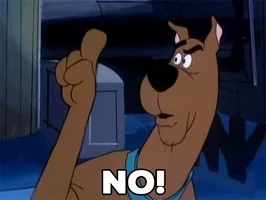Since next Wednesday is July 1st, I'm assuming we'll have another Insecure Writer's Support Group post. I figure I'd do my semiannual reading review a little early. My Goodreads Reading Challenge is to read 150 books this year. Unfortunately, the lockdown didn't give me more time to read; if anything, I feel like I've been busier than ever. I've still managed to read fifty-nine books, but I'm currently twelve books behind schedule. Hopefully I'll be able to use a few more vacation days this summer and spend some time catching up.
Here's how my reading breaks down by genre:
Fantasy: 21
Mystery: 18
Non-Fiction: 11
Science Fiction: 5
Other Fiction: 4
By Format:
Ebook: 44
Paper: 15
Since many of the mysteries I read have a paranormal or fantasy element, I normally count them as fantasy. I was tempted to put those books in both categories, but that would have been confusing.
Here are a few of my favorite books from the past six months:
Oona Out of Order
Half Soul
The Skeptic's Guide to the Universe
The Ten Thousand Doors of January
How Rory Thorne Destroyed the Multiverse
What's your favorite book you've read this year? Feel free to share the title in the comments.


